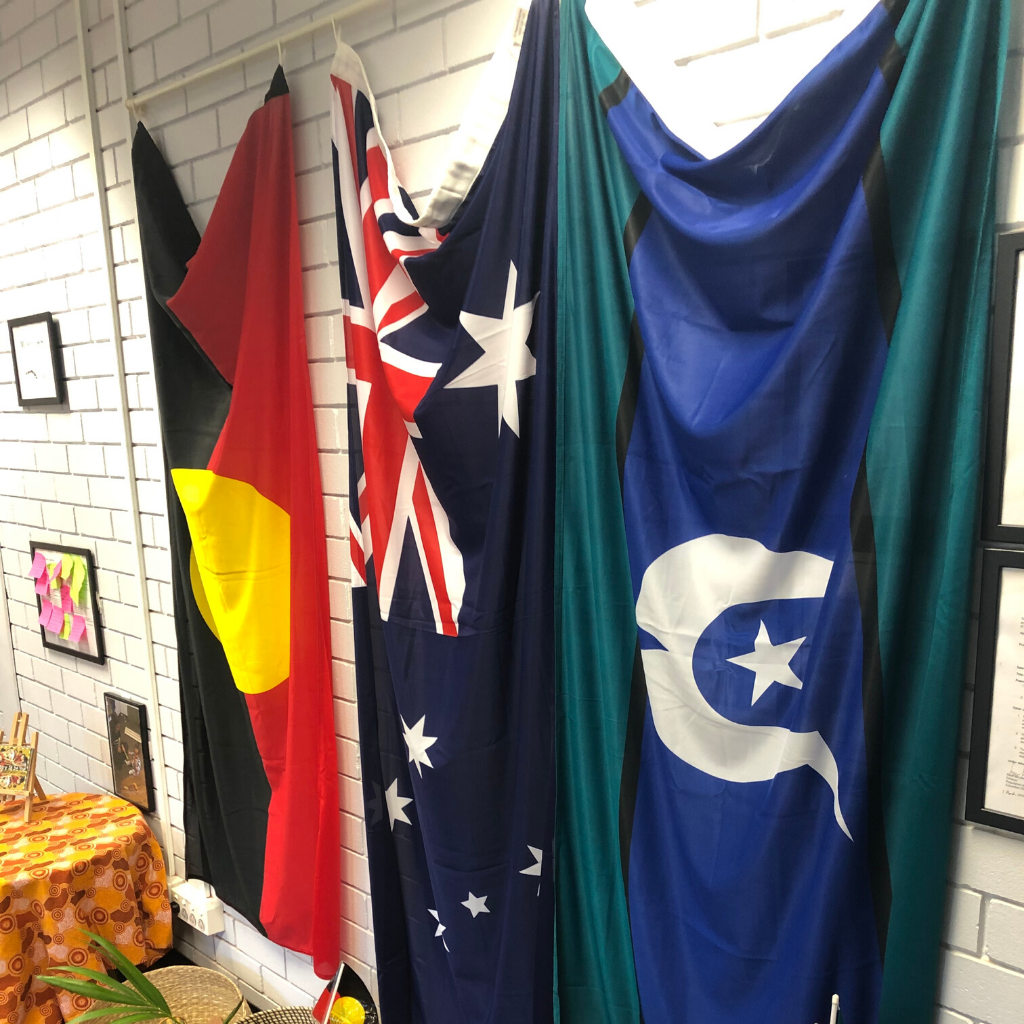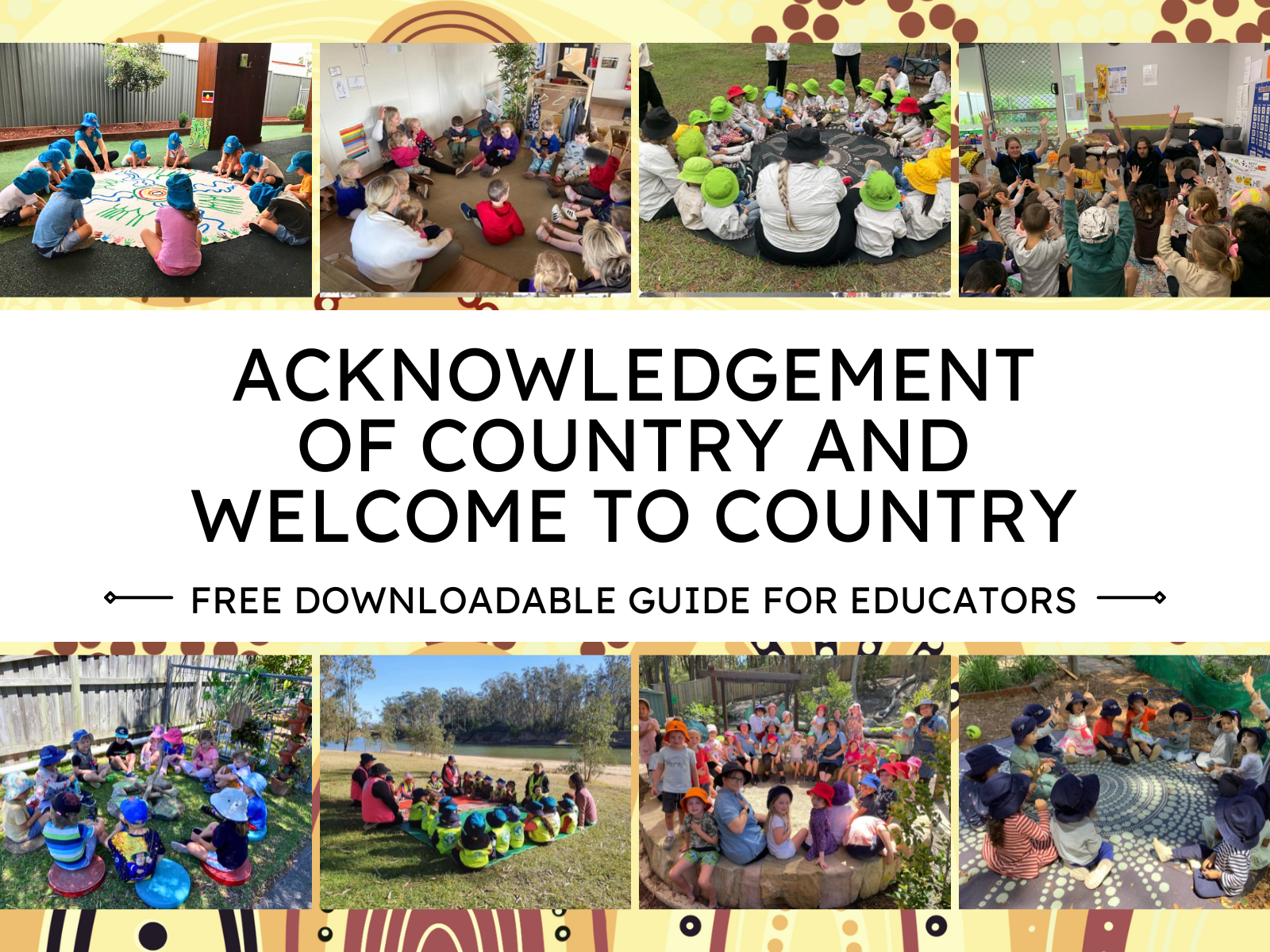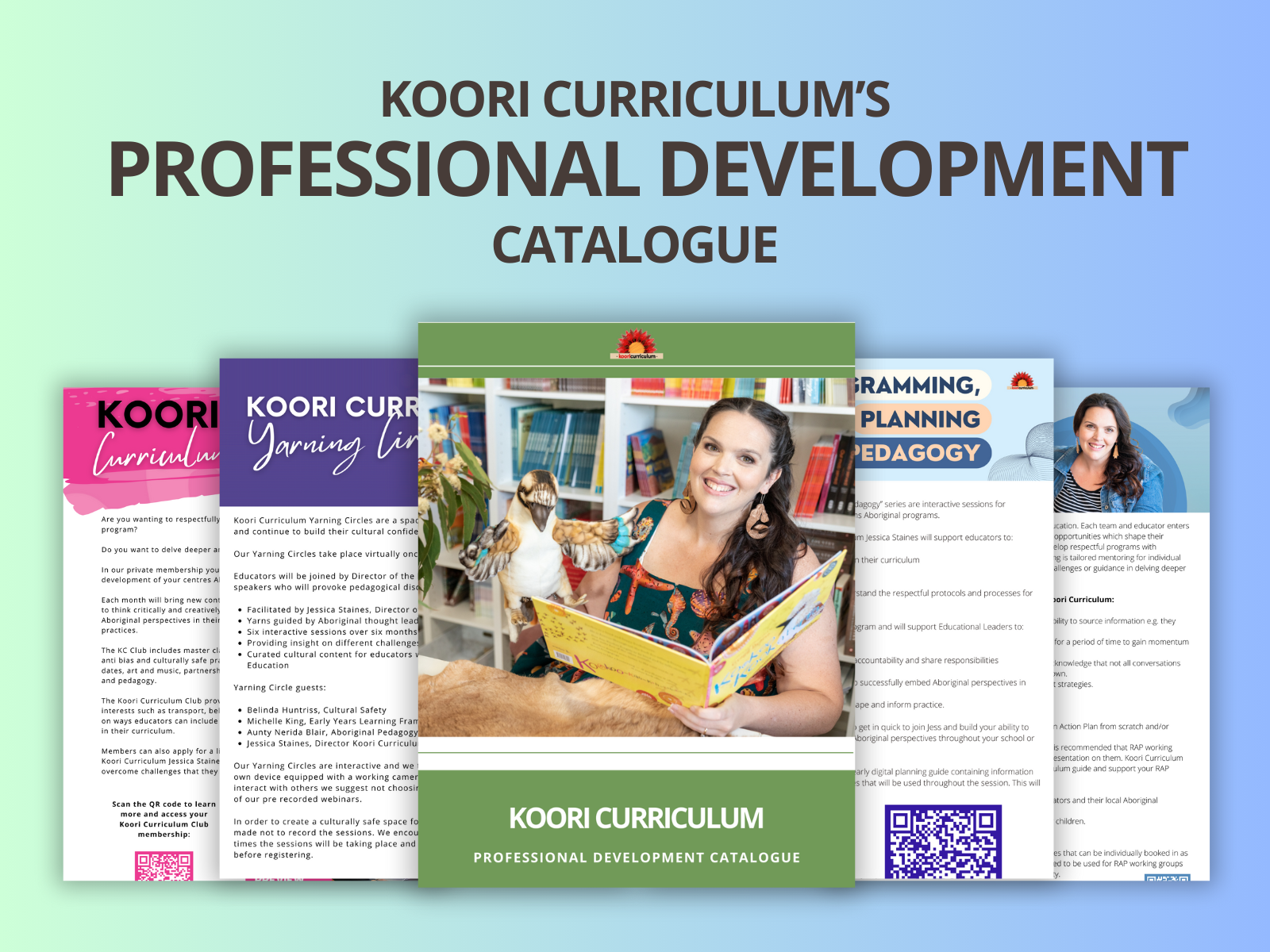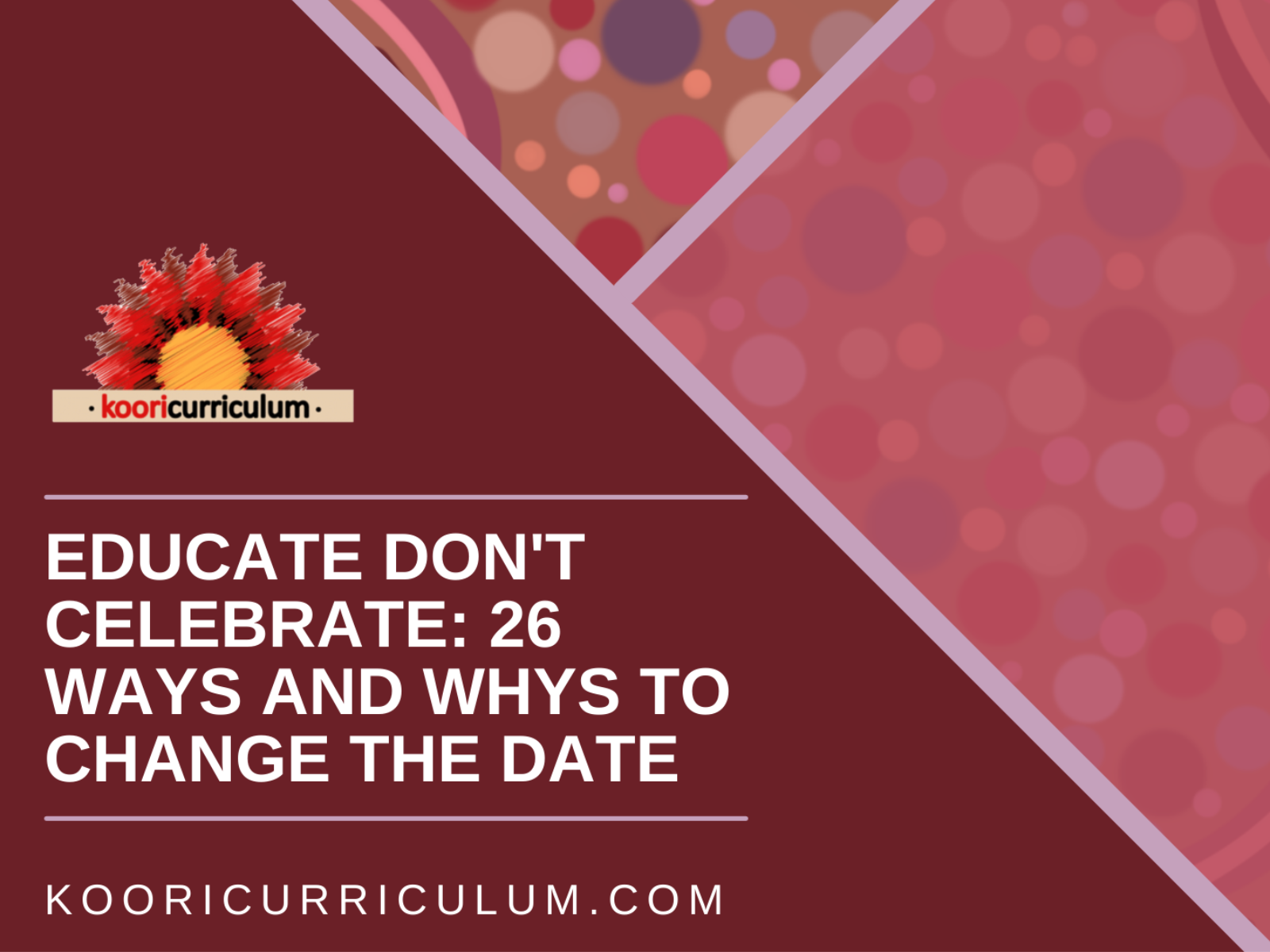
January 26th Debate
Australia Day - The significance.
The 26th of January is a date of contention for many Australians. This is a significant day for many and can be referred to as Australia Day, Invasion Day, Survival Day and Day of Mourning. In recent years there has been a stronger growing view being voiced that the date of Australia Day should be moved out of respect for our countries first nations people.
Australia Day has been noted as occurring since 1915, however it has only been celebrated nationally since 1994. It has also been noted that Aboriginal people first began protesting Australia Day celebrations occurring as of the 26th of Jan 1938.
In the Early Childhood Profession there is often quite intense debate each year in the lead up to this public holiday as to whether or not programs should or shouldn’t acknowledge Australia Day. In 2018 Early Childhood Australia our national advocacy body shared their view in “The Spoke”.
“Our commitment to this work is more than compliance and expectation, it emerges from a fundamental belief that valuing and celebrating Aboriginal and Torres Strait Islander culture and identity enhances who we are as Australians, and that this must form part of how we educate our youngest citizens. The questions in this most recent debate strengthen our resolve and are matched with our belief that children, and those who work with them, have a right to participate in the evolving life and decisions of the Australian community.
With this understanding, ECA stands alongside Reconciliation Australia in their call to change the date of Australia Day, and agrees with Chief Executive Karen Mundine that ‘a relatively small task’ would ‘demonstrate a willingness to address past wrongs’ and move to a stronger, more respectful relationship in the future. Our work in partnership with many key Aboriginal and Torres Strait Islander organisations confirms the need to listen closely with respect and act to change situations that cause further harm. “ (Hydon,2018).
Celebrations and significant dates have been deeply rooted in our profession for a long time and in some instances they formulated the classroom curriculum before the introduction of the EYLF. However, when considering inclusion and specifically when contemplating the inclusion of celebrations and significant dates in our program we must always be reflecting and questioning; Who is privileged? Who is marginalised? Who is being listened to? Who is being silenced?
As Early Childhood educators we need to be mindful that we are not projecting our own values, ideals and political views onto children. What shapes and influences curriculum decisions in our profession are our over arching frameworks namely; The Early Years Learning Framework, The National Quality Standard and The Code of Ethics.



